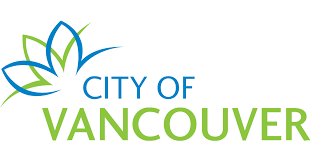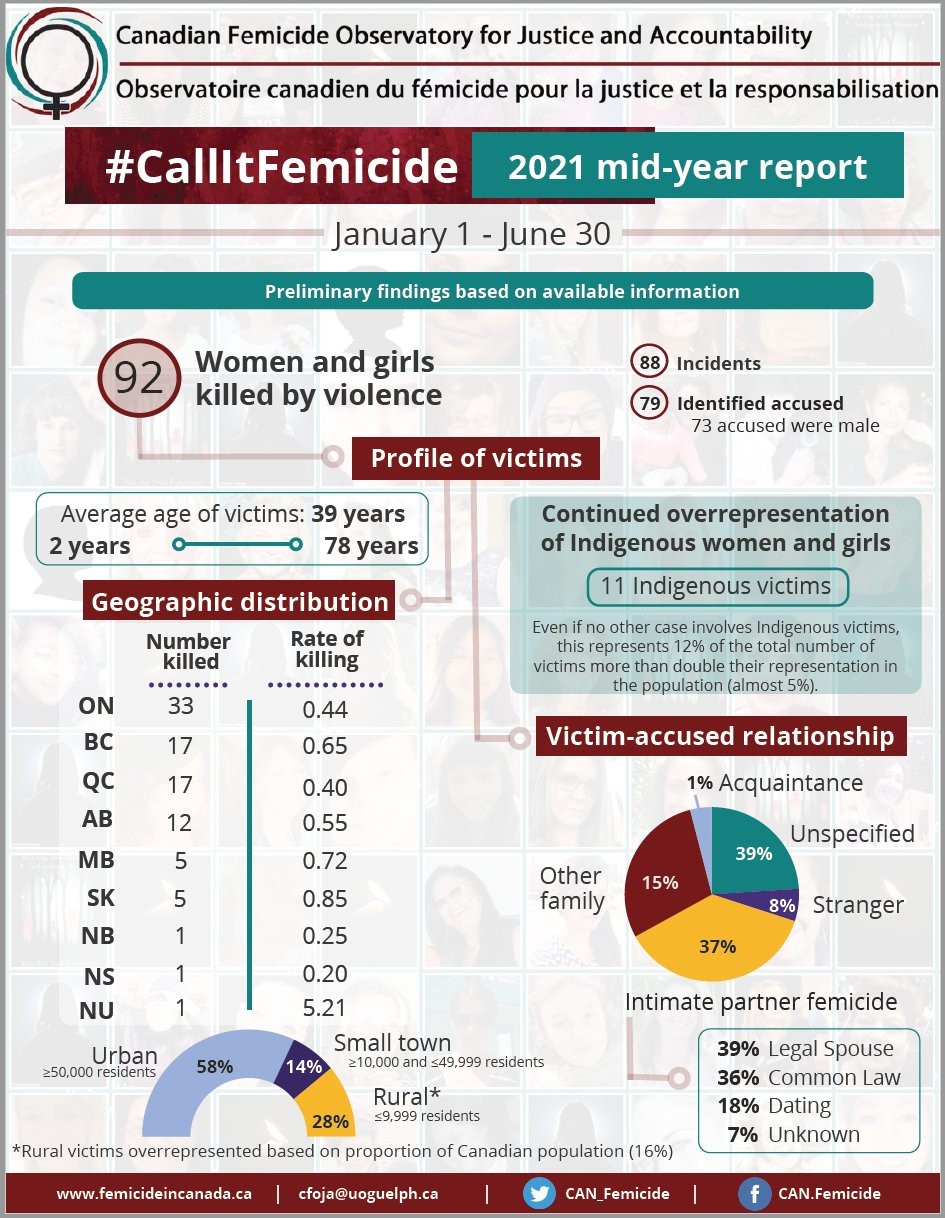For the past two decades BWSS has worked to highlight the problems with mediation and intimate partner violence, also known as alternative dispute resolution. We highlighted the problems in an open letter to BC Attorney General David Eby. Our ED appeared on CBC News Canada Tonight with host Ginella Massa and guest David Morneau to discuss the Divorce Act and the impact of mediation related procedures for women dealing with abusive partners (found here)
Pamela Cross a feminist lawyer and a well-known and respected expert on violence against women and the law has written the following article on the issue.
Mediation Should Not Be Default Resolution Process in Cases of Abuse
Monday, August 30, 2021 @ 3:15 PM | By Pamela Cross
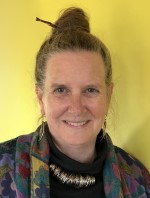
Image: Pamela Cross, Lawyer, Women’s Activist
In his Aug. 19 article, “Considering mediation as a default resolution process in light of new family law duties,” Oren Weinberg makes a strong case for the value of mediation for people seeking to resolve family law disputes. I don’t disagree with anything he says. Mediation can be extremely helpful and is, for many families, a better way of working out their differences than is litigation. Everyone who meets with a legal adviser to discuss their family law issues should be told about alternative dispute resolution options, including mediation.
However, as a coalition of women’s equality organizations argued in our submissions during the legislative process that led to the changes to the Divorce Act:
Those involved in the family law system should have a duty to prevent violence against women and their children. This duty extends to the advice to be given on the process options that are available in relation to divorce. Before advising in favour of any particular legal process, legal advisers should be required to screen for family violence. In addition, they should fully inform their clients on all available processes and advise them based on the facts of their situation. The blanket duty on legal advisers proposed in section 7.7 to “encourage” a family dispute resolution process may put abused spouses and/or children at risk of family violence.
Informed choice
Mediation should not be off the table for cases involving intimate partner abuse; but neither should it be positioned as a preferred or default process. I have worked with women who, after leaving an abusive relationship, have found mediation helpful. They felt they had more of a voice in shaping their family’s future and said they thought their former partner would be more likely to follow the agreement because he was part of crafting it.
But, there are a number of special considerations in family violence cases that argue against the present requirement in s. 7.3 of the Divorce Act that legal advisers encourage clients to consider alternatives to litigation.
Some of those concerns would be abated if legal advisers were required to screen all new clients for family violence. The soon-to-be-available Department of Justice tool to assist legal professionals in identifying whether or not family violence is present is a good start. Hopefully, it will encourage legal advisers to engage in screening, even if it is not mandatory.
If family violence is identified when the file is opened, the legal adviser can approach their duties under s. 7.3 accordingly, given that the duty to encourage ADR is limited to situations where “it is appropriate to do so.”
For example, if the client identifies a small number of incidents of abuse and indicates they are not fearful, it may well be appropriate to discuss ADR. However, where the screening identifies serious, ongoing coercive controlling behaviours and the client’s words or actions indicate fear, it is likely not appropriate to do so.
Letting the client lead
Many survivors of intimate partner abuse have been subjected to coercive control. In many cases, the abuse continues post-separation and throughout the family law process. As a result, the default position of many survivors is to agree with any person they see as being in authority over them. This includes their legal adviser. The survivor may lack the self-confidence to say no to a suggestion — no matter how mildly made — that they give mediation a try. When it is presented as the preferred option, the survivor may feel they are being a bad parent or uncooperative or unreasonable if they don’t agree.
Some safety concerns — especially those that are psychological rather than physical — are difficult to detect, even with the screening process used by accredited mediators in Ontario. Further, in relationships where one partner has engaged in coercively controlling behaviours, the nature of the abuse may not be apparent to even a well-trained and observant outsider.
This is why it is important that the option of mediation be presented to clients as simply one of a number of possibilities rather than given a position of preference. If the client indicates discomfort with it, there should be no further discussion about it, even if the legal adviser does not understand why the client is rejecting it. The conversation should move on to discuss other legal processes. If the client indicates an interest in mediation, the legal adviser can proceed to provide more information.
Where there is a history of family violence and the client has decided to engage in mediation, the lawyer then has an ethical duty to ensure the client receives professional assistance with safety planning specific to the mediation situation, so should connect them with a shelter or victim services organization in the community.
There is no perfect process for survivors of intimate partner abuse, particularly when there has been coercive control and when the partner continues to engage in abusive behaviours. There are dangers — physical and psychological — to the survivor and, sometimes, to the children, of both litigation and ADR processes themselves as well as of not obtaining an outcome that will allow the survivor and children to move on to lives free from abuse and threats of abuse.
That’s why it is so important that legal advisers present all process options and leave the choice to the expert: the client.
Pamela Cross is a feminist lawyer who works on issues related to violence against women and the law. One of her key roles is as the legal director of Luke’s Place in Ontario.



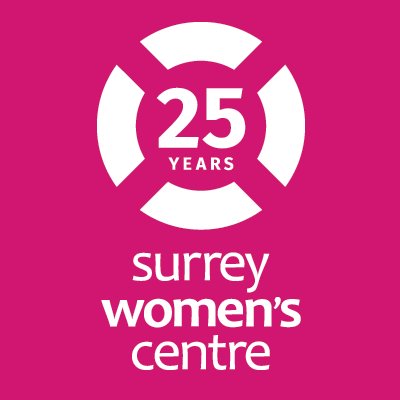

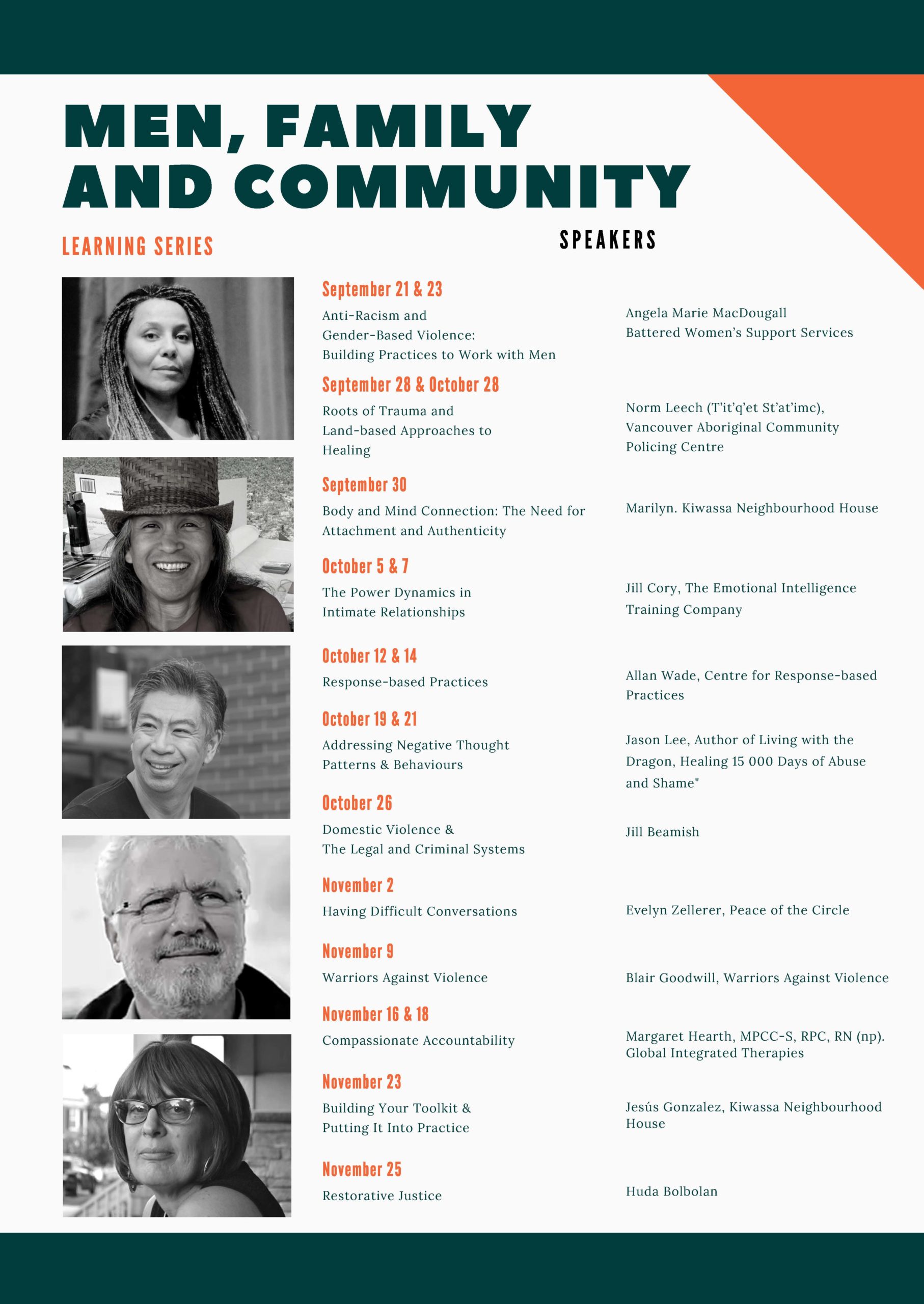

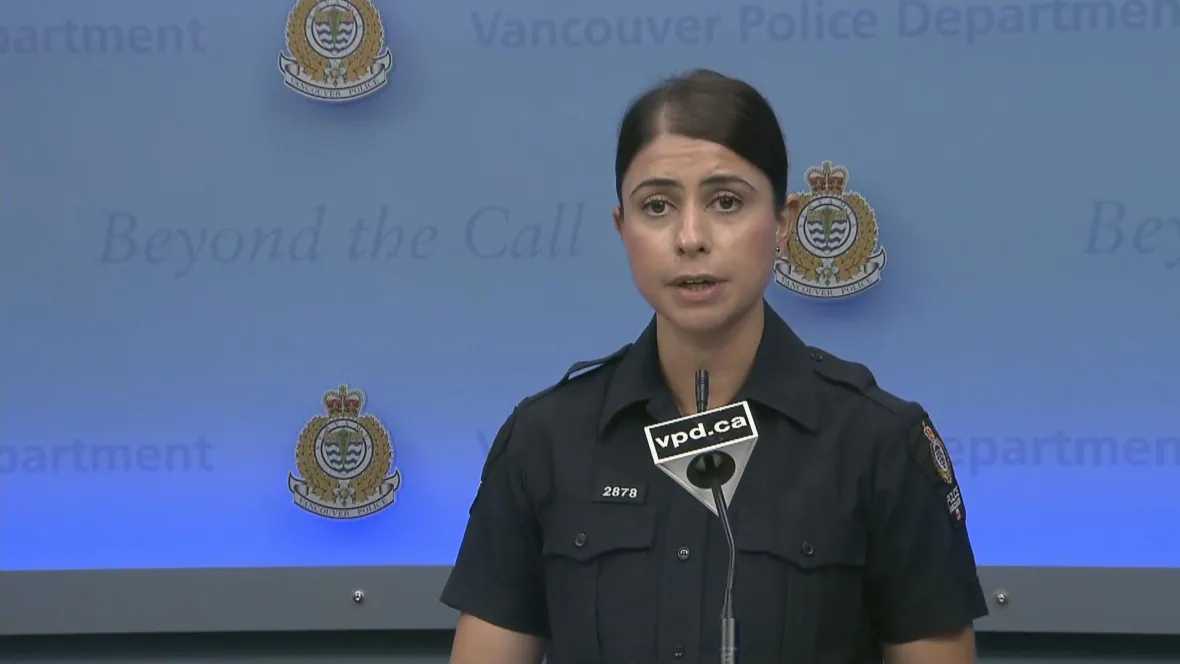
 Vancouver is one of six Canadian cities which is part of the
Vancouver is one of six Canadian cities which is part of the 